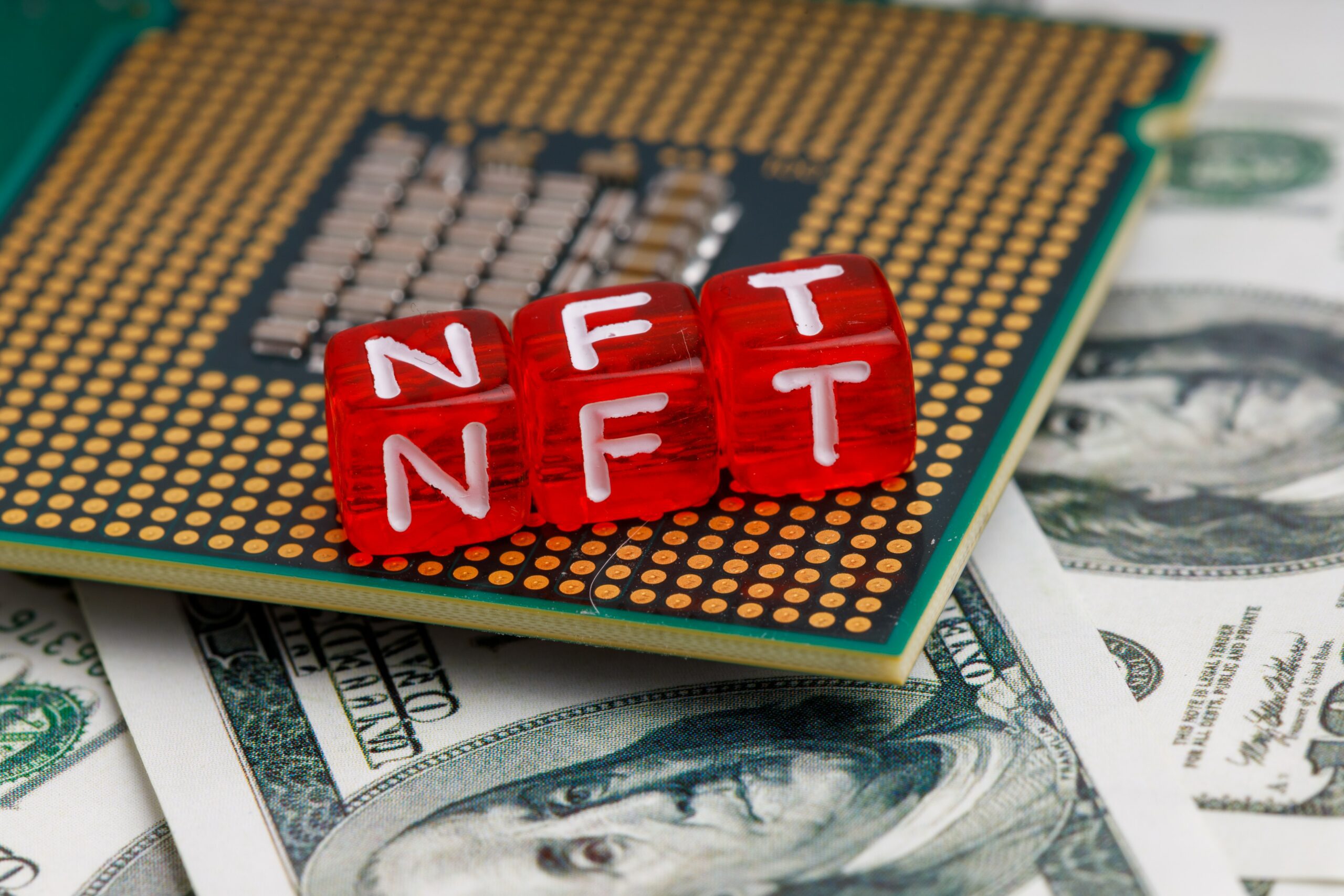Non-fungible tokens have continued to be the star of the digital world, and now, educational publisher Pearson has adopted the versatile multipurpose digital innovation to keep all the money in the house.
Second-hand sales and piracy are two things book publishers have to deal with, and no one wants to deal with such loss of income. Now, the publisher is working overtime to claw back some of the income from secondhand sales by turning its titles into non-fungible tokens (NFTs).
Giving an insight into the book sales cycle, the company’s chief executive Andy Bird revealed that educational books get sold more than once since students sell textbooks they do not need anymore. This takes away earning potential from the publisher, but Pearson seems to be interested in that bag too and will be leveraging the rise in interest in digital textbooks.
Through NFTs people have been able to own unique digital items by recording them on the blockchain network, which is a decentralized digital register. While many NFT owners focus on images, videos and other media format, Pearson is trailblazing for the publishing industry and integrating technology through NFTs.
Pearson’s plans as revealed by CEO Andy Bird, after the release of the company’s interim results, entail tracking the ownership of a book even when it changes hands. “In the analogue world, a Pearson textbook was resold up to seven times, and we would only participate in the first sale,” he said, explaining that “technology like blockchain and NFTs allows us to participate in every sale of that particular item as it goes through its life,” he said.
Bird, who joined Pearson in 2020 after serving as the chairman of Walt Disney International, met the company struggling with the increasing costs of producing university textbooks. He also discovered that many students prefer to buy such books secondhand. These inspired the idea to steer the publisher in a digital direction and birthed other initiatives such as the subscription app named Pearson+ which gives students access to 1,500 titles for $14.99 monthly.
The concept of selling books as NFTs is not exactly new but going about it the way Pearson is doing might be a gamechanger. Many authors have used NFTs to self-publish their works, but some notable publishers believe that people place more value on reading a book than owning it.
It might take a while for Pearson’s new plans to gain traction but if it becomes successful, it might usher in a new era of selling digital copies of books. Beyond NFT titles, Bird has started exploring how the company can leverage other digital technologies and has commissioned a full team to work on “the implications of the metaverse and what that could mean for us,” he said. “It’s time to do things differently and see the amazing results that we can achieve. If these NFTs work out as planned, we can change a lot of things and change the direction of our company. It’s exciting to see,” Bird noted.

